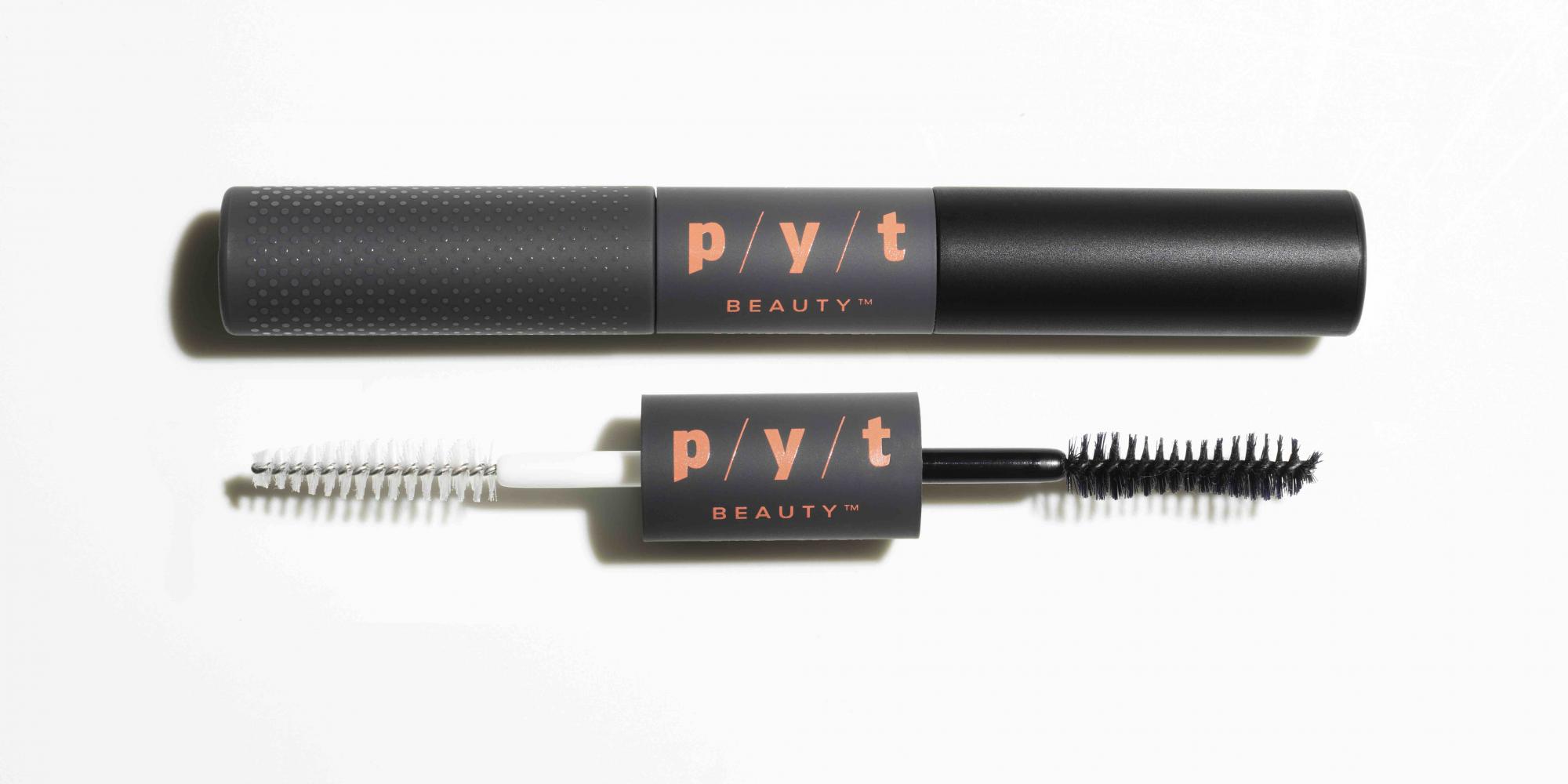
PYT Beauty Wins Over Credo, Ulta And Anthropologie With Its Commitment To Affordable, Safe And Effective Makeup
When mother-of-three Mary Schulman’s oldest daughter Sunny was a toddler, Schulman sought to feed her wholesome snacks and couldn’t find any she thought were palatable. To fill the market gap, she partnered with her mom Janet Owings to launch health-conscious snack specialist Snikiddy in 2006, which was purchased by Utz Quality Foods Inc. in 2015.
A year later, a teenage Sunny was rummaging through Schulman’s makeup stash, and Schulman recoiled from letting her apply products with ingredients she wondered about. Similar to her start in food, she detected a gap in the beauty market for better-for-you makeup merchandise, and reached out to her sorority sister Amy Carr, formerly senior CRM director at Sephora and Gap, to collaborate on an organic cosmetics brand directed at teens.
The pair has released a brand, PYT Beauty, that isn’t organic, but meets European Union ingredient standards for beauty products. It doesn’t target teens specifically, but extends beyond the puberty segment to a broader class of gen z and young millennial customers. So far, the brand’s early pivots have been welcomed warmly by retailers, including Credo, where it entered in August, and the websites of Anthropologie and Ulta, where it landed this month.
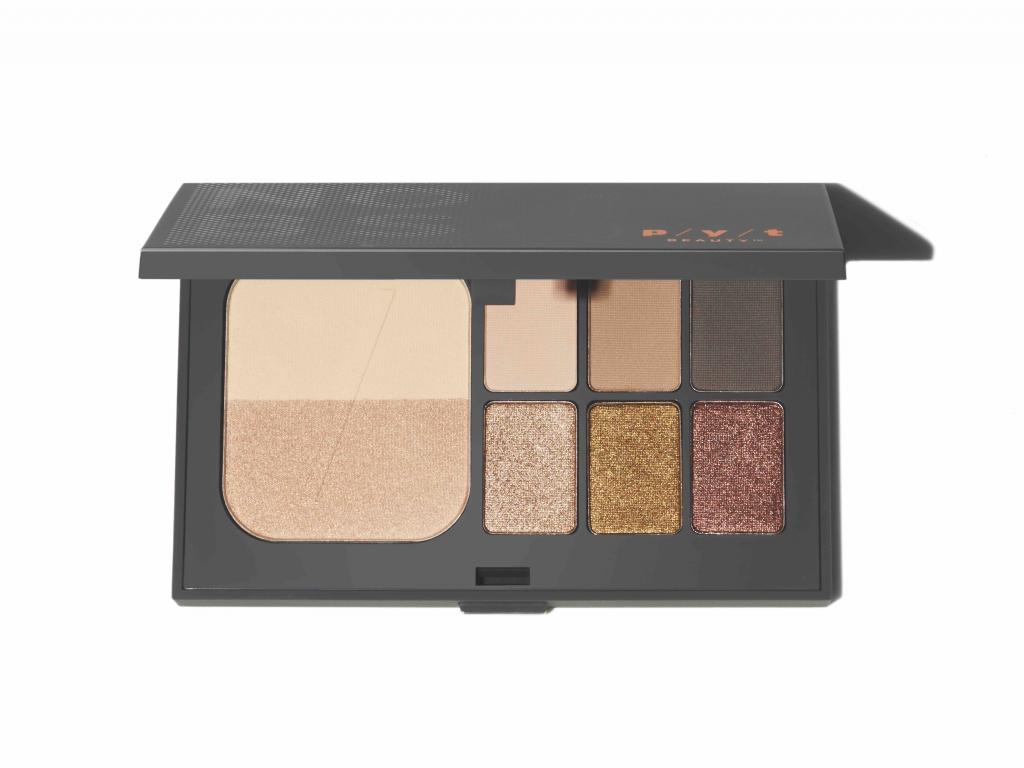
“Organic makeup just didn’t perform. In the world of so many selfies, people won’t put up with mascara running down their face. And the teenage market is difficult for brand loyalty. We quickly realized it’s not where we wanted to be,” says Carr. “We don’t address one age group. It’s more of a mindset or lifestyle of wanting cleaner products than what’s out there. We took out all the bad stuff, and we don’t see another product on the market that’s done that with performance payoff.”
Carr and Schulman arrived at PYT Beauty’s efficacy-, convenience- and safety-driven concept after extensive consumer research. The research coalesced around a few business trends they believed they could address with PYT Beauty: growth in the $15 to $30 price bracket, the importance of digital-oriented operations, demand for clean beauty offerings that work, and an interest in makeup that’s multitasking yet unfussy.
“In talking to consumers, we heard makeup has gotten too complex. What she told us was that she was looking for things to be taken down a notch and to be simple. She said, ‘Tell me exactly what I need and nothing that I don’t.'”
“In talking to consumers, we heard makeup has gotten too complex. What she told us was that she was looking for things to be taken down a notch and to be simple. She said, ‘Tell me exactly what I need and nothing that I don’t,’” reports Carr. “Everything we put in the products is there for a real purpose and every component is thought about. We listened to real consumers and didn’t just create something that worked only for us.”
Carr and Schulman point out the mirror in PYT Beauty’s No BS Eyeshadow Palette is larger than the mirrors in most compacts they assert are too small. In addition, the pans of the base shades in the palette are twice as big as the pans of the dramatic shades because users depend on the base shades. PYT Beauty’s double-sided Primed + Ready Mascara comes with a primer to prep lashes and smooth brows as well as mascara with 12-hour wear to lengthen them. The P.O.V. Brow Pencil is constructed with a spoolie brush to manage stray brow hairs.
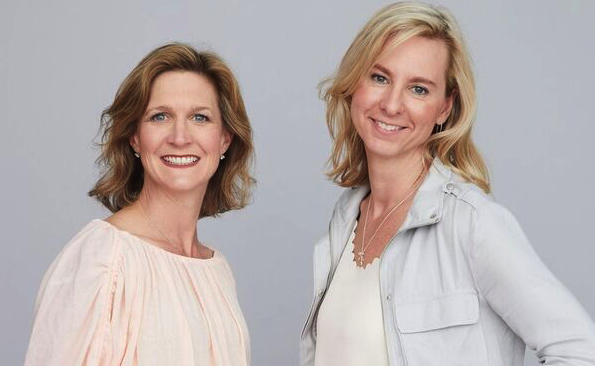
PYT Beauty’s five initial products range from $16 to $28. Carr reasons the price range is geared to young adults who are “getting more educated and smart. They are looking for dupes, and they realize they don’t have to buy the most expensive thing because sometimes that equals quality and sometimes it doesn’t. I think we will start to see other brands doing this, too. We have healthy margins at that price point.”
Another step brands are taking is providing expansive complexion shade ranges. PYT Beauty is introducing concealer next month in 11 shades, and a balanced mix of five medium-to-dark options and six medium-to-light options. “We felt, even as a small brand, that it was very important not to alienate anyone’s skin tone,” stresses Carr.
“The girl we are going after – the real girl that wants makeup that’s easy to use at a price point she can afford – she’s at Ulta all day long. Obviously, I love Sephora. I was there for many years, and I’m passionate about both retailers. I think Ulta has done an incredible job gaining traction and momentum in the beauty space right now.”
Carr and Schulman are putting PYT Beauty’s products in several channels of distribution to satisfy the varied shopping habits of the brand’s customers. Apparel retailers like Anthropologie are a fit as are e-commerce destinations like Amazon and clean beauty chains like Credo. “We really took this multifaceted approach to say we are going to meet you where you are,” shares Carr. PYT Beauty also is running a pop-up at Union Market in Washington, D.C., to interact with its audience in-person during the holiday season.
Ulta was chosen strategically to speak to PYT Beauty’s core consumer. “The girl we are going after – the real girl that wants makeup that’s easy to use at a price point she can afford – she’s at Ulta all day long,” says Carr. “Obviously, I love Sephora. I was there for many years, and I’m passionate about both retailers. I think Ulta has done an incredible job gaining traction and momentum in the beauty space right now.”
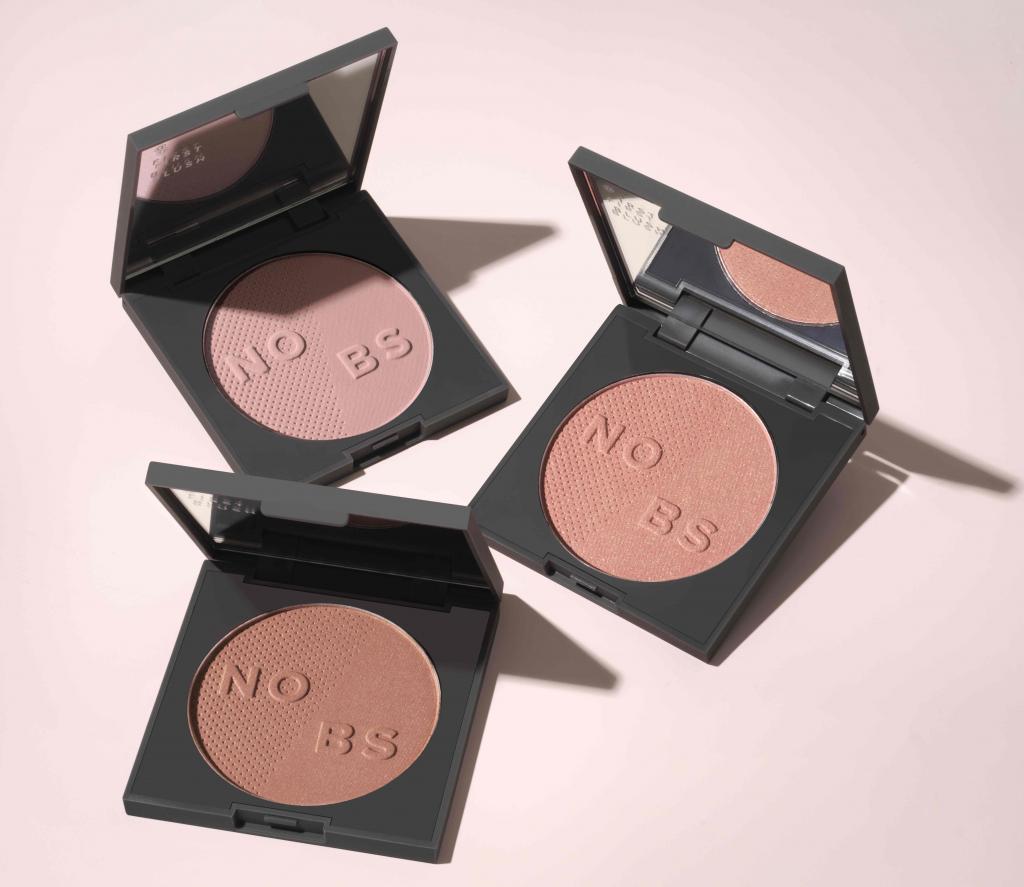
In a crowded beauty sector, PYT Beauty aims to stand out by giving women makeup they understand and won’t feel guilty about shelling out for. Carr and Schulman maintain it’s a proposition that’s powerfully compelling to consumers, and PYT Beauty’s name is meant to further the empowerment message.
“Everyone is a pretty young thing. Everyone should embrace their personal beauty, and that’s what we want them to do,” says Schulman. “We want to empower them and, by naming the brand Pretty Young Thing, we think we’ve helped do that.”

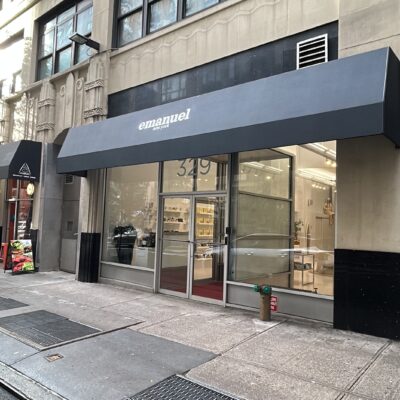
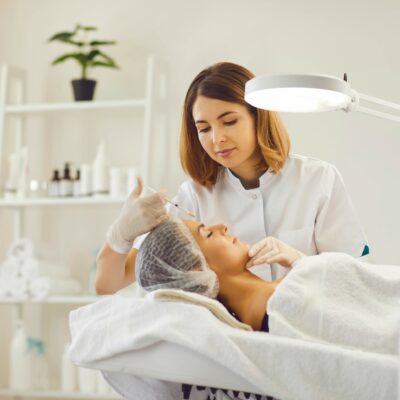
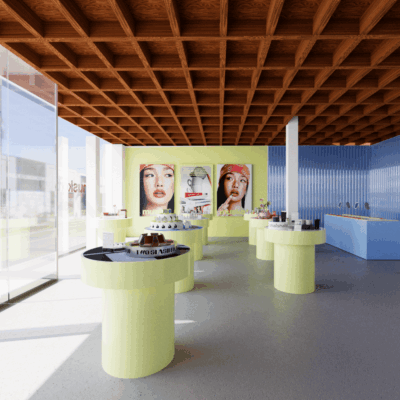
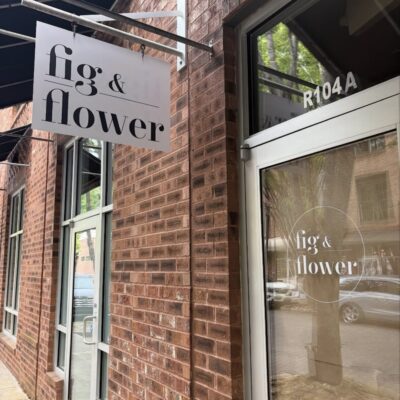
Leave a Reply
You must be logged in to post a comment.